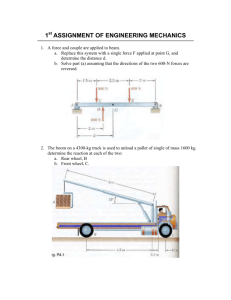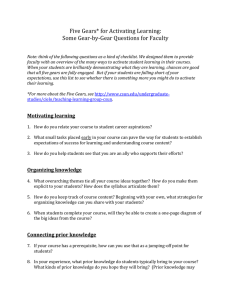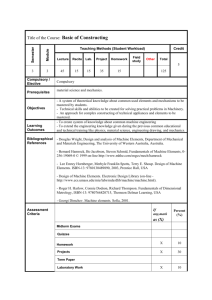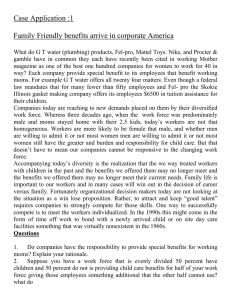06-09-15 Downloads
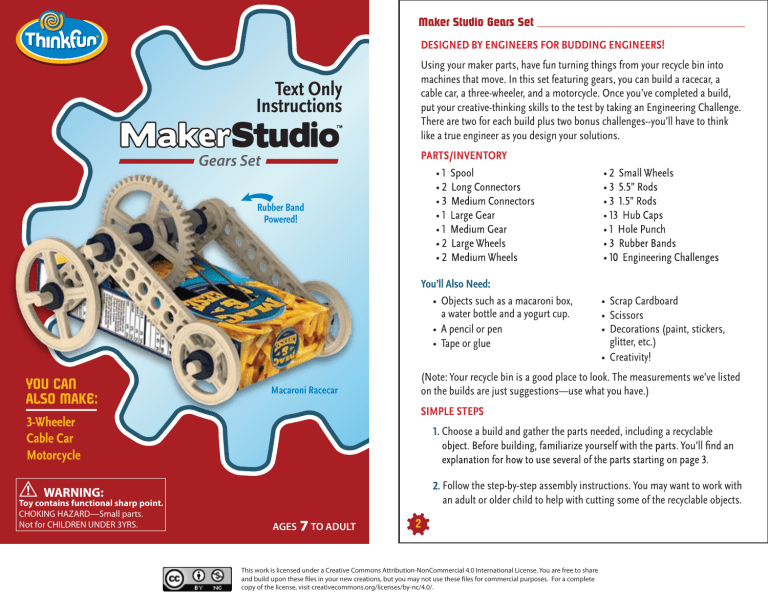
1.
YOU CAN
ALSO MAKE:
Cable Car
Motorcycle
Toy contains functional sharp point.
CHOKING HAZARD—Small parts.
Not for CHILDREN UNDER 3YRS.
Gears Set
Text Only
Instructions
Rubber Band
Powered!
Macaroni Racecar
Maker Studio Gears Set
DESIGNED BY ENGINEERS FOR BUDDING ENGINEERS!
Using your maker parts, have fun turning things from your recycle bin into machines that move. In this set featuring gears, you can build a racecar, a cable car, a three-wheeler, and a motorcycle. Once you’ve completed a build, put your creative-thinking skills to the test by taking an Engineering Challenge.
There are two for each build plus two bonus challenges--you’ll have to think like a true engineer as you design your solutions.
PARTS/INVENTORY
You’ll Also Need:
• Objects such as a macaroni box, a water bottle and a yogurt cup.
• A pencil or pen
• Tape or glue
• Scrap Cardboard
• Scissors
• Decorations (paint, stickers, glitter, etc.)
• Creativity!
(Note: Your recycle bin is a good place to look. The measurements we’ve listed on the builds are just suggestions—use what you have.)
SIMPLE STEPS
Choose a build and gather the parts needed, including a recyclable
2
Follow the step-by-step assembly instructions. You may want to work with an adult or older child to help with cutting some of the recyclable objects.
AGES
7
TO ADULT
This work is licensed under a Creative Commons Attribution-NonCommercial 4.0 International License. You are free to share and build upon these files in your new creations, but you may not use these files for commercial purposes. For a complete copy of the license, visit creativecommons.org/licenses/by-nc/4.0/.
adorn it with stickers, duct tape and glitter. Get creative and go for it!
Once you’ve had some fun with your creation, take the Engineering
Challenges (each build comes with two.) Note: you will need to alter your build to solve each challenge. There is no single solution, so have fun being innovative!
After completing all four builds in the set, use your new engineering skills
Go to www.ThinkFun.com/MakerStudio to see all the Maker Studio sets and combine them for more building fun!
PARTS EXPLANATION
Before building, take note of how the parts listed below can be used.
a. Spool: Use the spool to secure and wrap a rubber band, string, or similar object around a rod. When wrapping and winding a rubber band around the spool, you create tension which can be released to power a wheel or gear.
To use the spool, tie a string or loop a rubber band around the small tab in the center of the spool. Then wind the string or rubber band around the middle of the spool.
c. Gears: Use the gears to change the direction of force, and transfer this force between gears and wheels.
d. Rods: Use the rods to connect multiple parts along a single axis, often at least one of those parts is intended to rotate around that axis. e. Hub Caps : Use hub caps to secure parts (i.e. wheels or gears) to a rod.
Based upon how you attach the hub cap, you can either lock a part in place or allow the part to spin freely.
To lock a part in place, use the two teeth found on one side of the hub cap. and gears.
Gear and axle are locked together and spin together.
To allow a part to spin freely, turn the hub cap so the teeth are facing out and do not lock into the slots on the connectors, wheels or gears.
When reading the assembly instructions, pay close attention to the direction the tab is facing on the spool. This will be important to power the machine.
b. Connectors: Use the connectors to join multiple rods and allow some or all of these rods to rotate in place.
3
Gear spins freely while axle is stationary.
444
Note: When reading the assembly instructions, pay close attention to which direction the teeth are facing.
f. Hole Punch: Use the hole punch to make holes in your recyclable household items. This hole punch creates a hole that is the perfect size for to support the object with your other hand so that it does not crumple; however, take care not to place your hand directly opposite the pointy end of the hole punch.
This work is licensed under a Creative Commons Attribution-NonCommercial 4.0 International License. You are free to share and build upon these files in your new creations, but you may not use these files for commercial purposes. For a complete copy of the license, visit creativecommons.org/licenses/by-nc/4.0/.
ABOUT THE INVENTORS
Parker Thomas has been a maker his entire life. He has built and sold two companies, cofounded a public Montessori charter school and built two airplanes. In his spare time he makes tree houses, zip lines, drones, boats, pens, knives and anything else his two kids want to make. As a child, Parker’s house was littered with the carcasses of old cameras, tape recorders, engines to understand the power of making as a learning process. This led him to create co-found a school based on the principles of Montessori, design thinking and arts integration. He’s currently a consultant helping schools and other learning organizations create maker mindsets and spaces that encourage creativity and learning.
David Yakos: Driven by creativity and a background in Mechanical Engineering, he pursued the world of consumer product design and prototyping. With an the house which consisted of a cut-down dryer box full of empty shampoo bottles, paper tubes, popsicle sticks and other building supplies. There, with his imagination, he was able to begin his journey of design and invention. Today,
David continues to develop consumer products as Director of Creativity, and nearly every day of his life inventing unique solutions for everyday problems.
Named on dozens of patents, he has helped develop hundreds of products for startups and leading brands; from lines of wheelchairs for children to awardwinning dog toys; from breakthrough cryogenic valve technology for NASA, to a prototype-of-the-year noted by Popular Science.
David and Parker met at the Hatch Experience and were inspired to share these kits with the world #BecauseOfHATCH
1.
3.
2.
ThinkFun’s Mission is to
Ignite Your Mind!
555
This work is licensed under a Creative Commons Attribution-NonCommercial 4.0 International License. You are free to share and build upon these files in your new creations, but you may not use these files for commercial purposes. For a complete copy of the license, visit creativecommons.org/licenses/by-nc/4.0/.
